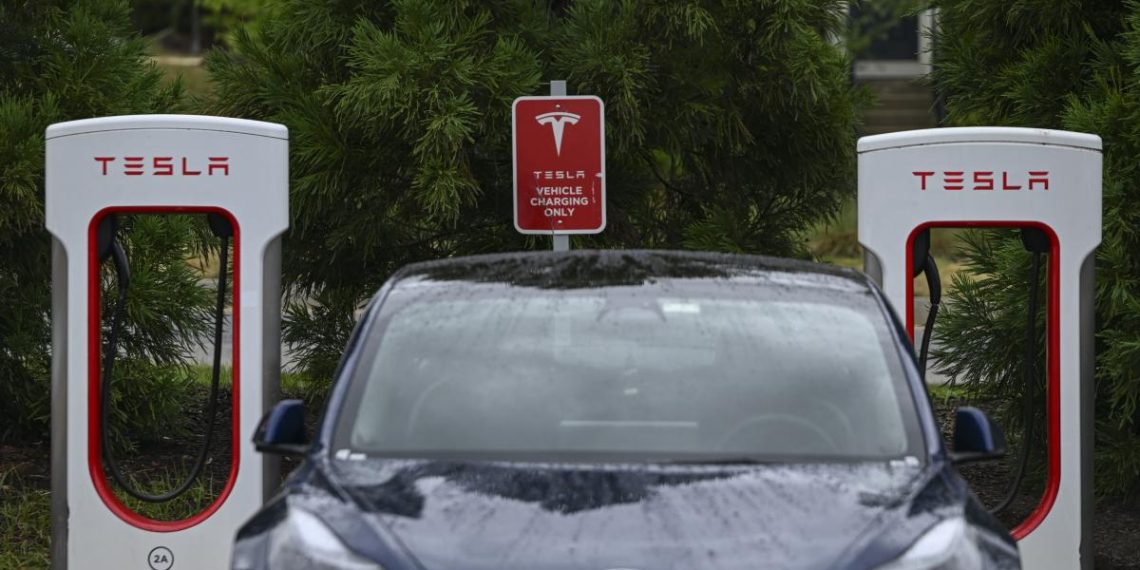-
Learn the TRUTH about Gold IRAs and how most precious metals companies play dirty.
Federal government support for electric vehicles and charging stations is on the chopping block in a document by President-elect Trump’s transition team that Reuters claims to have seen.
The document also recommends tariffs on battery materials to boost U.S. production “and then negotiating individual exemptions with allies,” Reuters said.
The plan would repurpose leftover money from President Biden’s $7.5 billion charging-station program to processing for battery minerals and “national defense supply chain and critical infrastructure” because EVs and charging stations aren’t “critical to defense production,” the report says, quoting the document.
The transition team also called for reinstating 2019 levels on emissions and fuel-economy standards, about a 25% increase in allowed emissions per vehicle mile than the 2025 limits and reduction of 15% for fuel economy, and blocking California from setting stricter standards, a Trump policy that Biden reversed, Reuters said.
Trump transition spokeswoman Karoline Leavitt did not contest the report, telling Reuters that Trump is delivering on his voter mandate and he will “support the auto industry, allowing space for both gas-powered cars and electric vehicles.” […]
— Read More: justthenews.com


